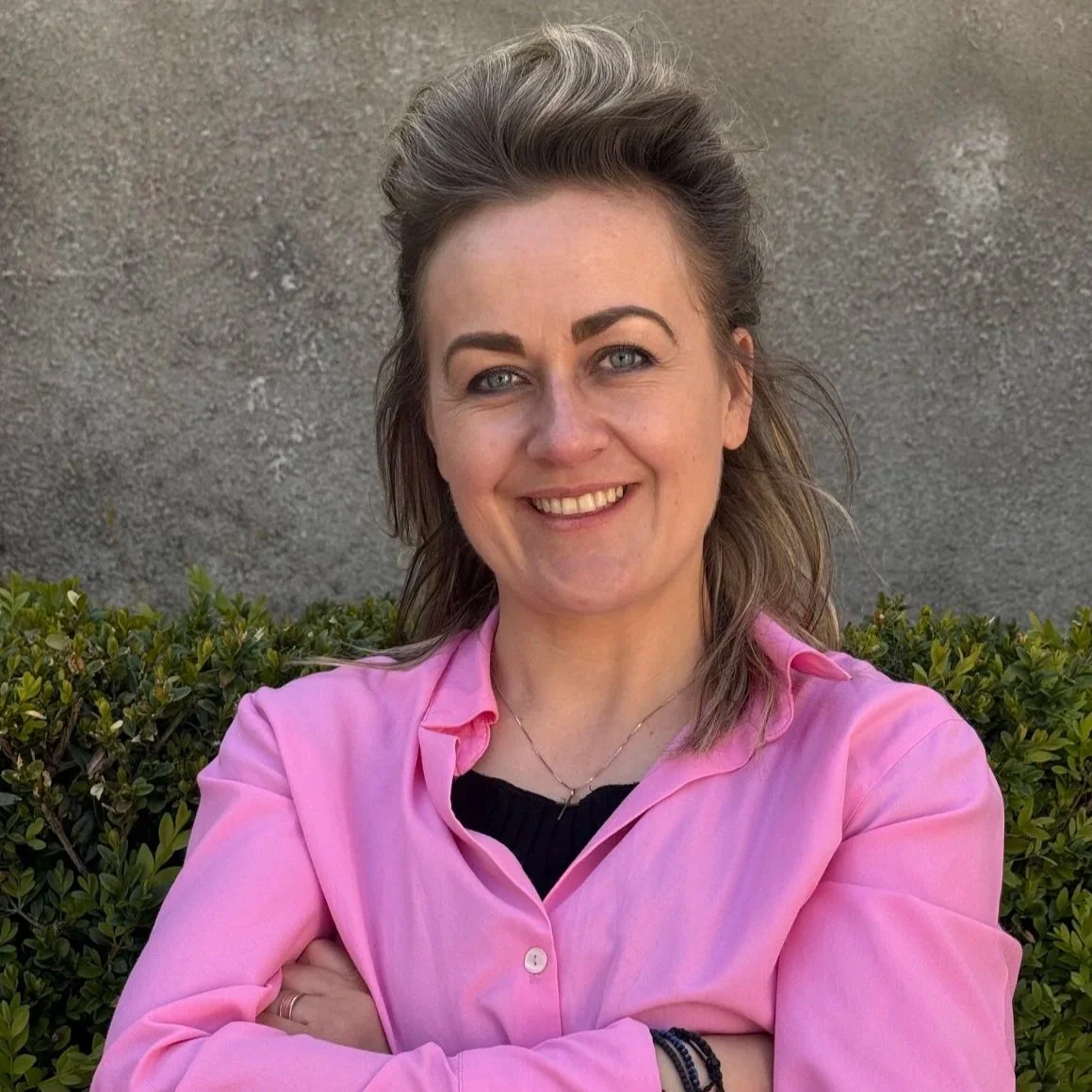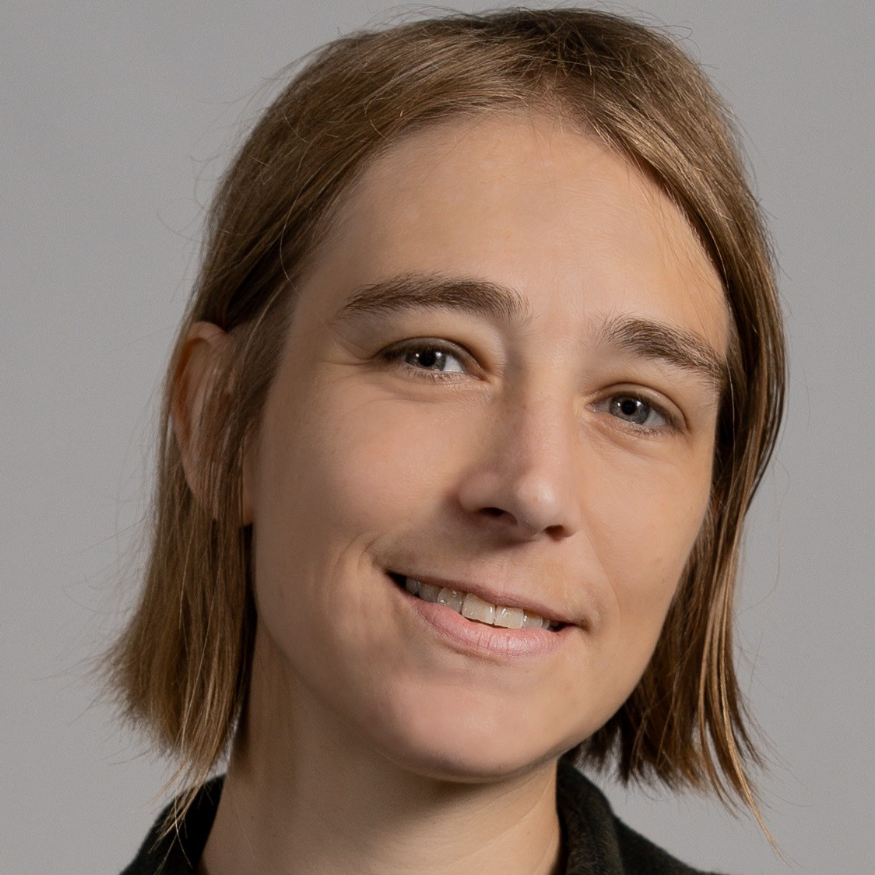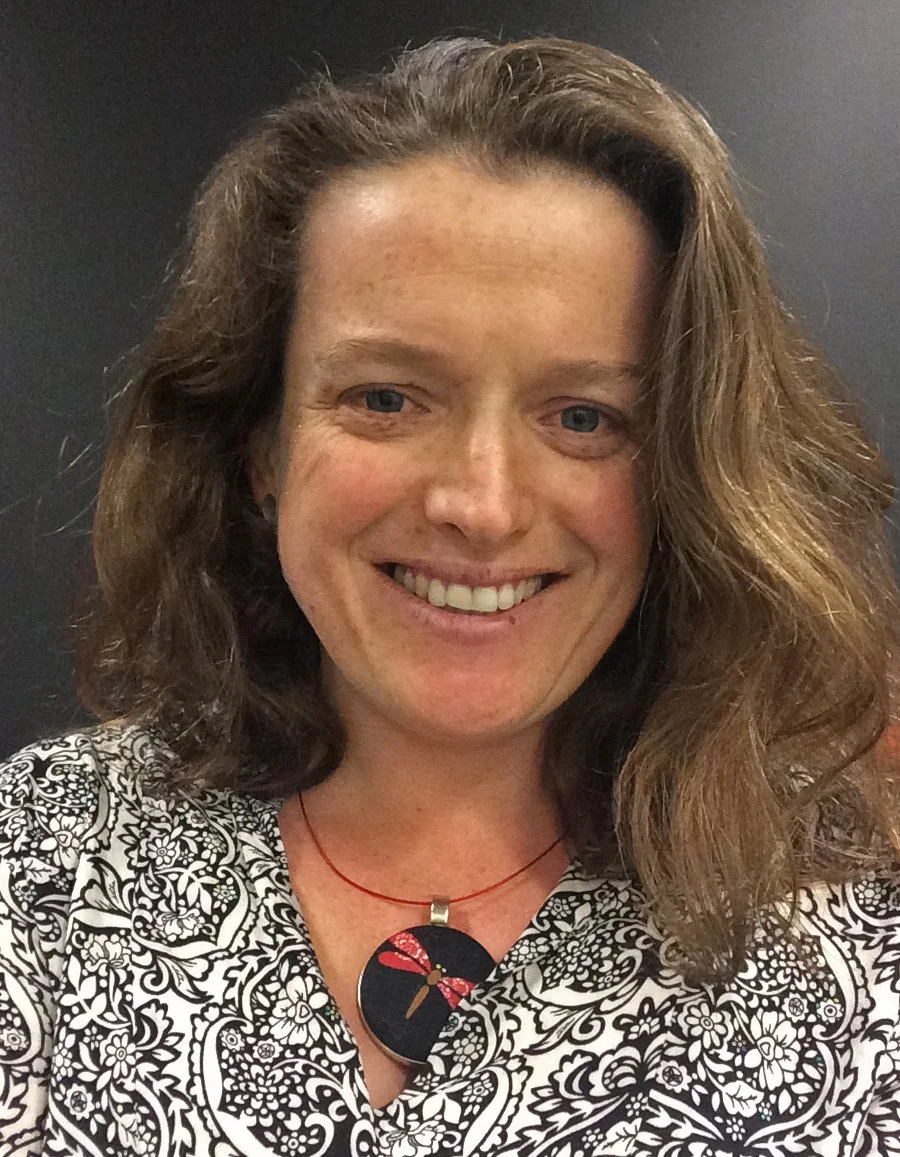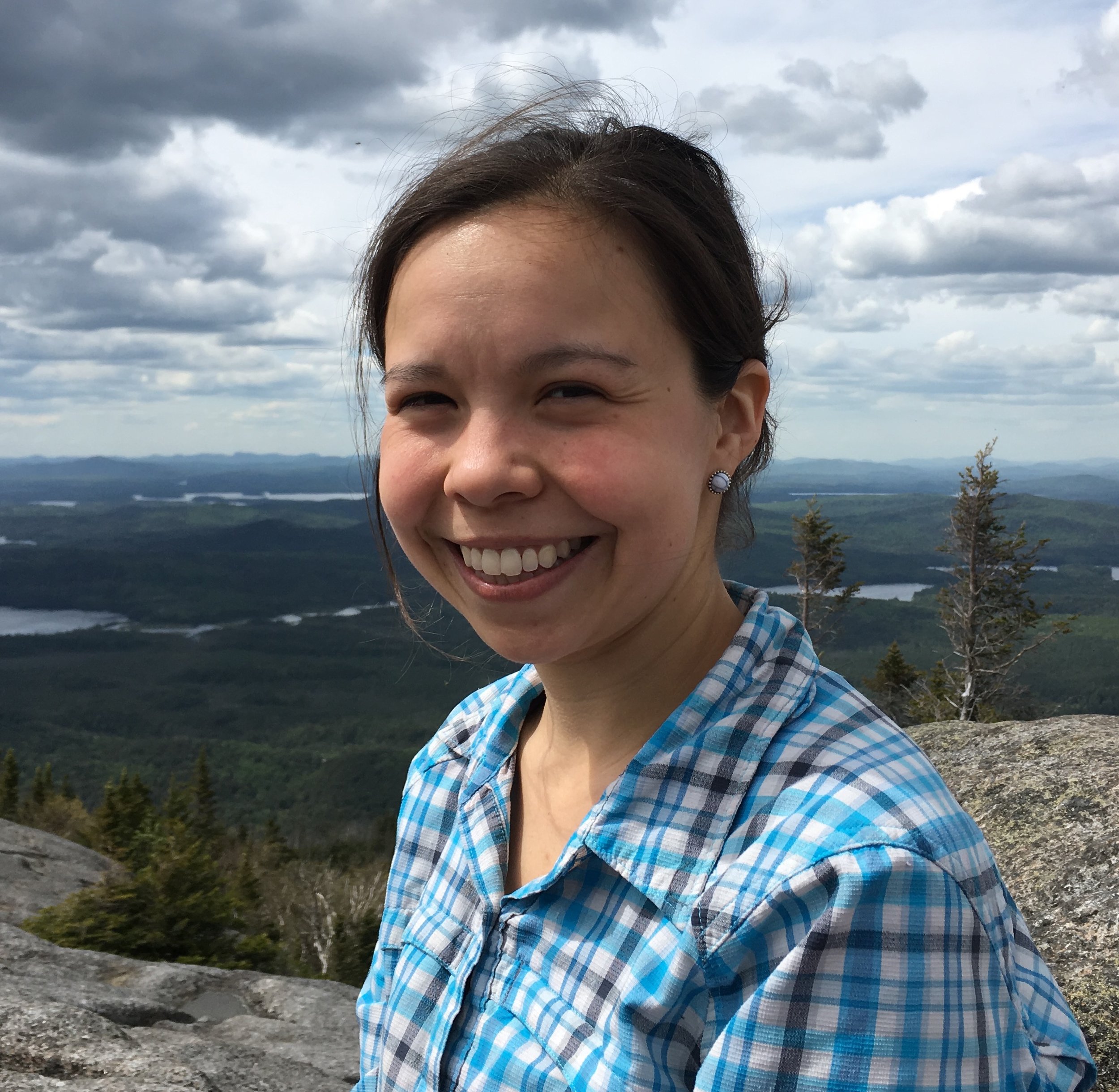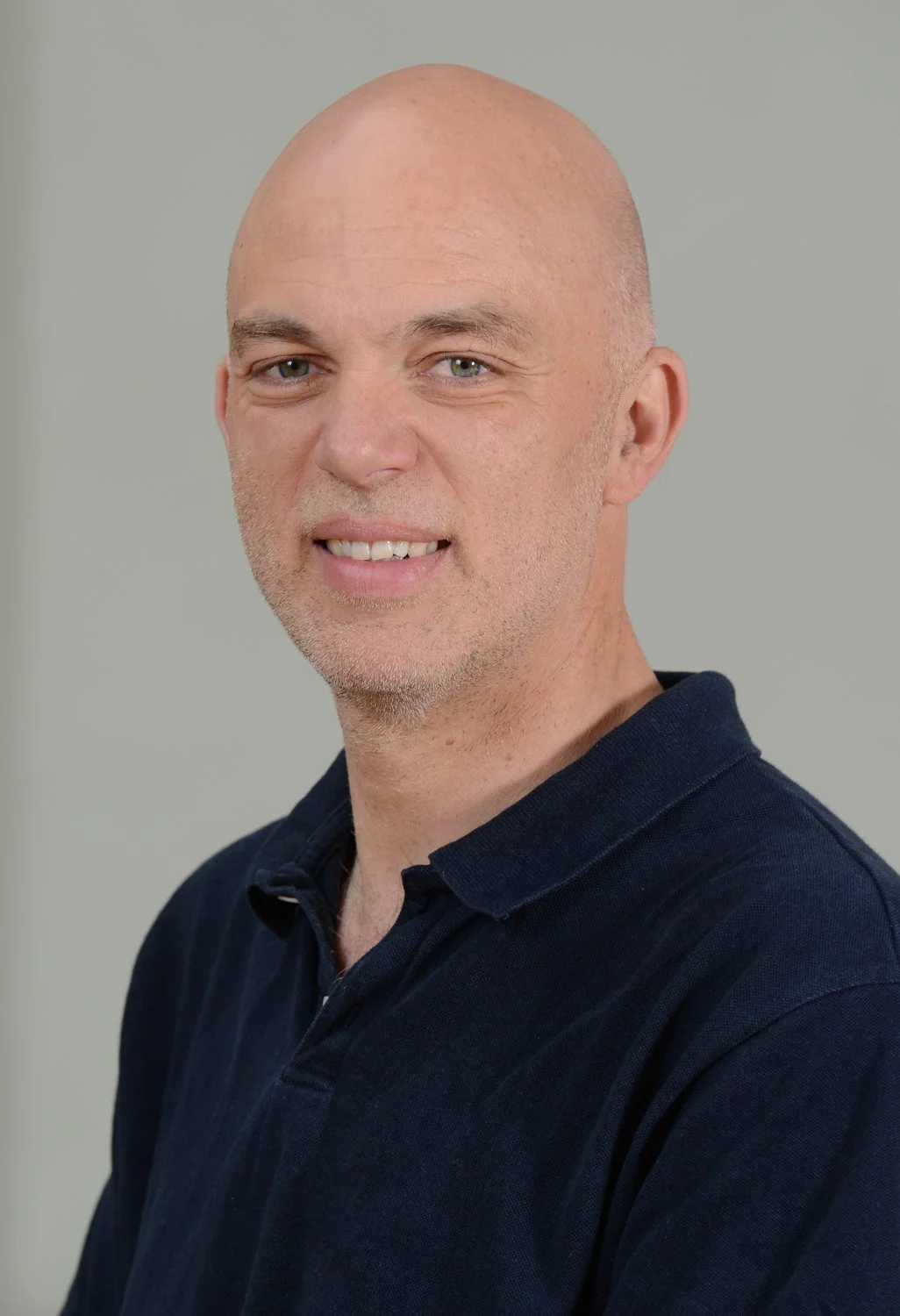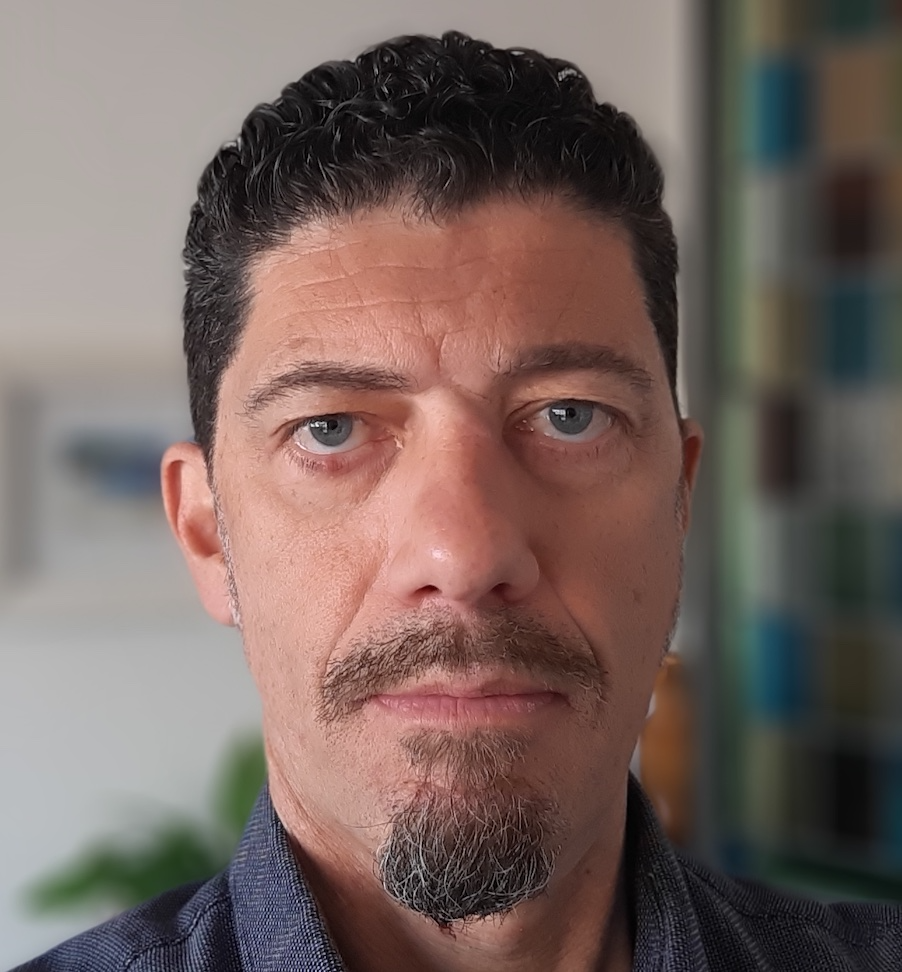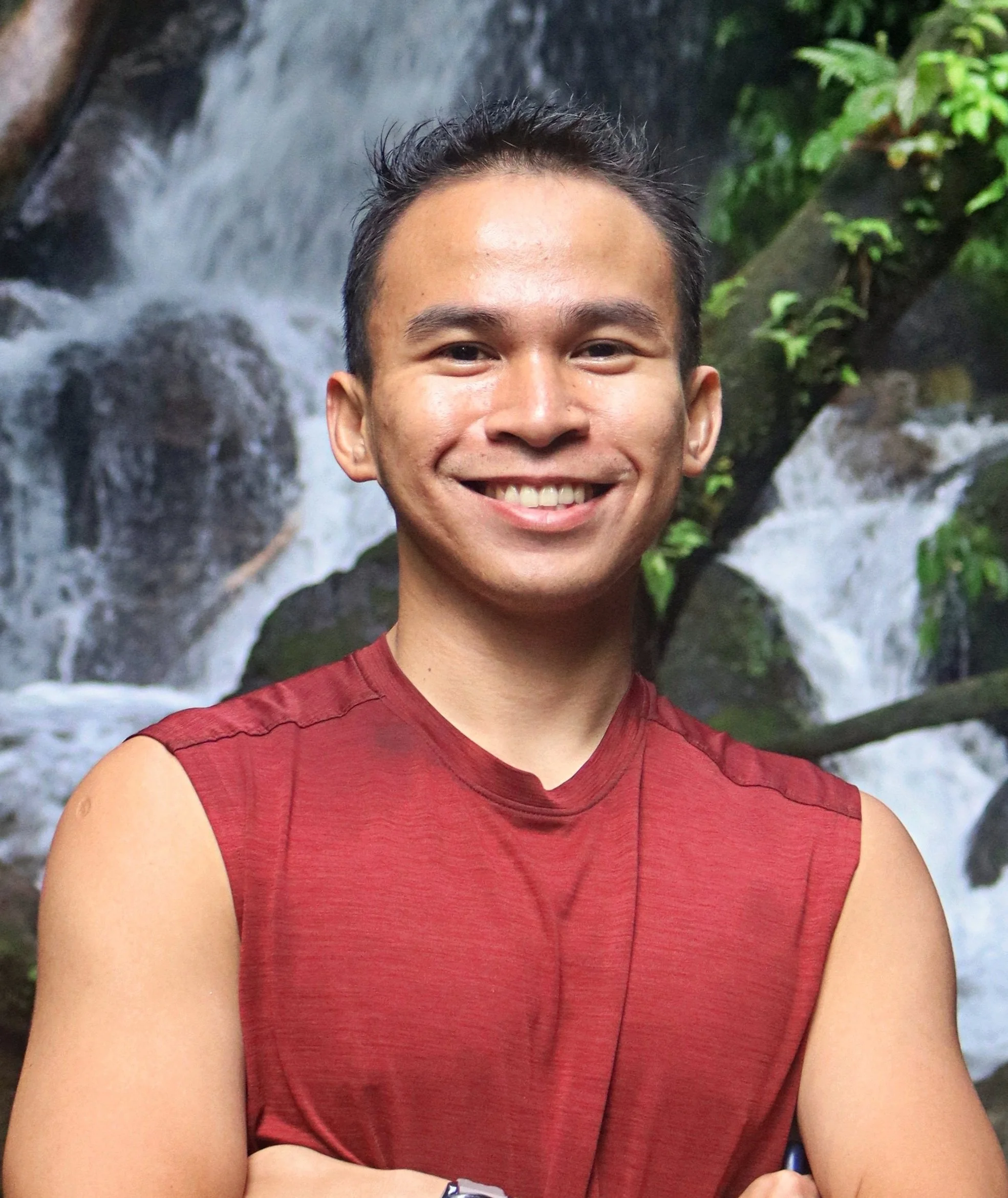Our team
The CCG brings together expertise from across the global conservation genetics community. Our team is primarily composed of representatives from CCG member networks, alongside a small number of representatives from major environmental non-governmental organisations and government agencies.
A core aim of the CCG is to strengthen communication and coordination across organisations working on conservation genetics, spanning research, policy, and on-ground implementation. Our leadership structure reflects this goal, ensuring that perspectives from different regions, disciplines, and institutional contexts are represented and connected.
You can learn more about how CCG is organised in our Frequently Asked Questions.
Core leadership
Jessica da Silva is a Senior Scientist at the South African National Biodiversity Institute. Her research focuses on integrating evolutionary genomics into wildlife management and policy, with a particular emphasis on genetic monitoring and landscape genetics; however, she regularly employs multidisciplinary approaches to better understand species’ adaptations and evolution. Additionally, she is the Genetic lead for South Africa’s National Biodiversity Assessment - the country’s primary tool for monitoring and reporting on the state of biodiversity.
Ancuta Fedorca is a Senior Researcher at the National Institute for Research and Development in Forestry Marin Drăcea, where she serves as Head of the Molecular Genetics Laboratory. She is the Action Chair of the COST Action GENOA CA23121, a dynamic network of scientists, practitioners, and decision-makers working together to enhance genetic diversity assessment. Her research focuses on conservation genetics, landscape genetics, and genetic monitoring, with emphasis on integrating genetic diversity into conservation policy and practice.
Chris is a Professor at Colorado State University and the Director of the CSU Global Biodiversity Center. His lab strives to understand the evolutionary and ecological mechanisms that generate and maintain biodiversity, and how rapid global environmental change affects these processes by integrating population genomics, quantitative field methods, controlled experiments, and computational analysis in a variety of taxonomic groups.
Leonardo Gallo is a forest geneticist from Argentina. He studied Forest Sciences in La Plata National University and obtained a PhD degree in forest genetics in Göttingen University, Germany. His research work focuses on ecological and conservation genetics of forest ecosystems inhabited by indigenous and peasant communities. He coordinates LACFORGEN Net (Latin American and Caribbean net for Conservation, management and sustainable use of forest genetic resources) and CYTED-GENFOMEC Net (Conservation of forest genetic diversity for the sustainable management of OMEC areas)
Sean is a conservation biologist at The Morton Arboretum (Lisle, Illinois), a non-profit botanical garden, and research and education center. His team aims to develop knowledge and tools to strengthen conservation action, and support species’ resilience. Topics of work include biogeography, dispersal, climate change, seed collections, and policy-relevant metrics.
Alice C. Hughes is a conservation ecologist, and a Professor at the University of Melbourne. Her work seeks to understand patterns of biodiversity and drivers of biodiversity change at all levels, as well as working on bat ecology, evolution and OneHealth. She is the Co-Chair of GEOBON, and a member of the APBON working group, after 17 years of working in the Asia-Pacific region.
Maggie is a Research Geneticist with the U.S. Geological Survey in Florida, USA studying conservation and population genetics, environmental DNA and genetic biocontrol methods to inform natural resource management of invasive and imperiled species. She is a co-chair of the Geo Bon Genetic Composition Working Group and the International Union for Conservation of Nature Conservation Genetics North American Working Group.
Christina Hvilsom´s work combines genomic analyses with strategic conservation planning, supporting efforts from species recovery programs to global biodiversity policy. Passionate about uniting science, management, and policy, Christina coordinates the EU Biodiversa+ GINAMO project—working to integrate genetic indicators into EU and global biodiversity frameworks of the UN Convention on Biological Diversity (CBD) and actively contributes to initiatives like the EU COST Action Networks GENOA and G-BiKE, and the IUCN SSC Conservation Genetics Specialist Group, ensuring genetic diversity has a voice in global conservation efforts.
Francine is a Senior Scientist at the Natural Resources Defense Council, an environmental non-profit, where she uses the best available scientific information to advocate for improved protections for marine mammals. Still a whale population geneticist at heart, she also advocates for improved uptake of genetic information into conservation policy decisions.
Linda is a Professor of population genetics at Stockholm University (Dept. Zoology) focusing on conservation genetics. Her team uses a variety of approaches and multidisciplinary efforts to understand how and why genetic diversity is lost and what can be done to halt such losses to assure long term survival and adaptive potential of populations through retention of genetic biodiversity.
Anna is a Senior Research Scientist at the Australian Antarctic Division, with a focus on molecular ecology. Her team uses a range of approaches, from conservation genetics to environmental DNA, to inform wildlife management and policy, and to contribute to biodiversity monitoring in Antarctica and the Southern Ocean.
Alicia Mastretta-Yanes is a Mexican based at Kew Royal Botanic Gardens, UK, as Senior Research Leader. The broad aim of her research is incorporating evolutionary processes into the conservation of biodiversity and nature-based-solutions. Her basic science research covers the effect of topography and climate fluctuations in shaping genetic structure, to the genetic implications of domestication and human management of crops, crop wild relatives and trees. She also develops computational tools to help local communities and conservation practitioners incorporate genetic information into biodiversity monitoring and management.
Mariah is an Assistant Professor at Michigan State University and the Vice President of the Society for Conservation Biology Conservation Genetics Working Group. Her lab focuses using genomic study to address problems in the conservation and management of aquatic species.
Cinnamon is a postdoctoral research fellow at Michigan State University. She is a population geneticist and avid naturalist, using genetic data to support species’ ability to adapt to environmental change. She has worked on a variety of organisms, from mosses to toads, and is dedicated to working with conservation practitioners to incorporate genetic data into management actions.
David is Biodiversity Evidence and Reporting Manager at NatureScot, Scotland's public nature agency. He works on a range of themes including biodiversity policy, indicators, urban ecosystems, conservation of genetic diversity and citizen science, as well as carrying out research on the ecology and conservation of reptiles and amphibians.
Isa-Rita Russo is a senior lecturer at Cardiff University (United Kingdom), and her interests are in evolutionary genetics, understanding how landscape and environmental features influence patterns of genetic diversity and the conservation of African wildlife. She works at the policy-science interface with a number of stakeholders in South Africa, Namibia and Kenya. She is one of the coordinators of the African node of the IUCN Conservation Genetics Specialist Group (CGSG) and is the Action Vice Chair for Genetic Nature Observation and Action (GENOA).
Gernot is a conservation biologist and assistant professor at Freiburg University in Germany. He is also co-chair of the IUCN Conservation Genetics Specialist Group (CGSG). He is interested in the application of genetic tools for conservation.
Robyn Shaw is a postdoctoral research fellow at the University of Canberra, in the Centre for Conservation Ecology and Genomics. She studies Australia's unique mammal fauna in vast and remote arid/savanna ecosystems. She uses genetics and field studies to explore the effects of fire, invasive species, land use and climate on animal populations; integrating this information into decision-making tools for conservation practitioners.
Sibelle Torres Vilaça is a Researcher at Vale Institute of Technology, Brazil. She is a population geneticist and integrates evolutionary genomics to inform taxon-focused management and policy. She has worked on a variety of organisms and is supporting the large-scale use of genomic tools to assess genetic health and long-term adaptive potential of imperiled vertebrate species.
Cristiano Vernesi is a Senior Researcher at Fondazione Edmund Mach (Italy). His main interests include: understanding spatial and temporal change of genetic biodiversity by means of population genomics and analysis of aDNA, eDNA and sedaDNA; genomic study of keystone and foundation species living in mountain areas in relation to global change; science-policy interface. Homepage
Former contributors
In memoriam
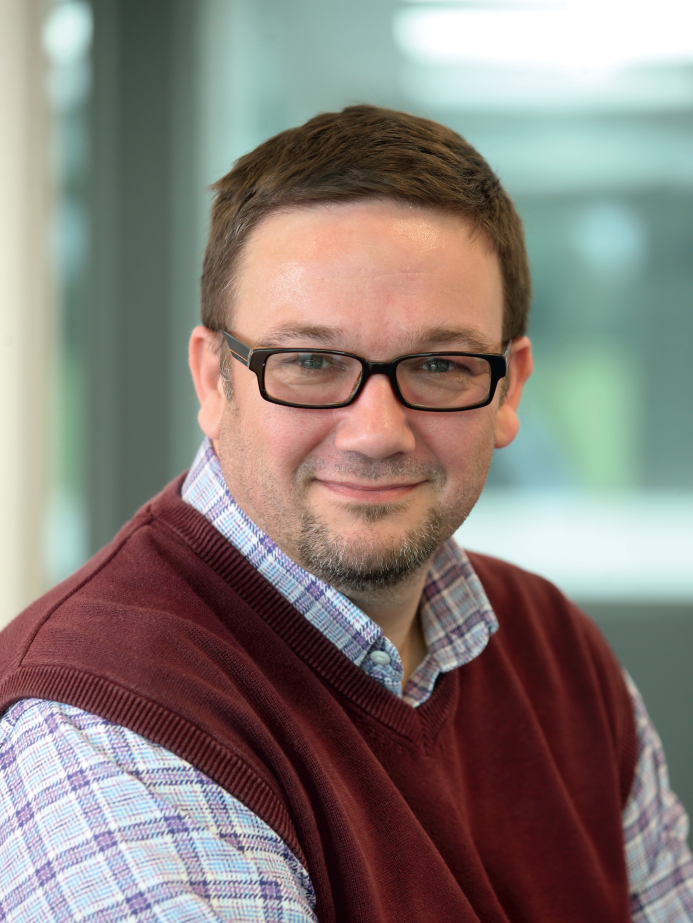
Mike Bruford
Mike Bruford was a founding member of CCG. He was a molecular ecologist at Cardiff University, Wales and was co-chair of the IUCN Conservation Genetics Specialist Group. His career consisted of studying the demographic and evolutionary processes affecting populations, species and ecosystems of conservation concern. He focused on trying to understand basic evolutionary processes but also placed substantial emphasis on providing data and recommendations to management authorities for action and policy development. He is greatly missed by the conservation genetics community. You can read more about Mike and his incredible contribution to conservation here.


